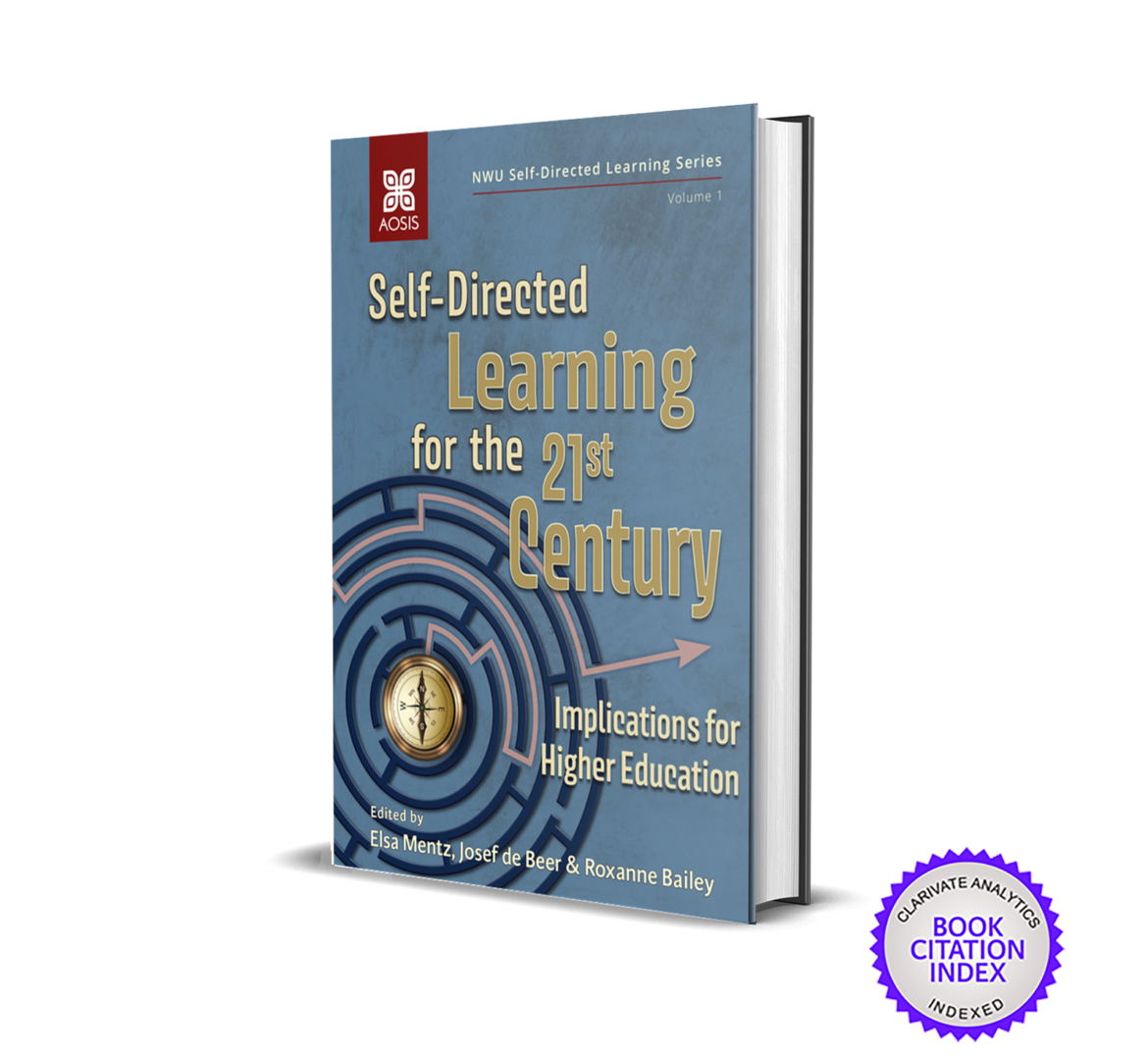This book is devoted to scholarship in the field of self-directed learning in the 21st century, with specific reference to higher education. The target audience of the book includes scholars in the field of self-directed learning and higher education. The book contributes to the discourse on the quality of education in the 21st century and adds to the body of scholarship in terms of self-directed learning, and specifically its role in higher education. Although all the chapters in the book directly address self-directed learning, the different foci and viewpoints raised make the book a rich knowledge bank of work on self-directed learning.
Copyright (c) 2019 Elsa Mentz, Josef de Beer, Roxanne Bailey (Volume editors)

